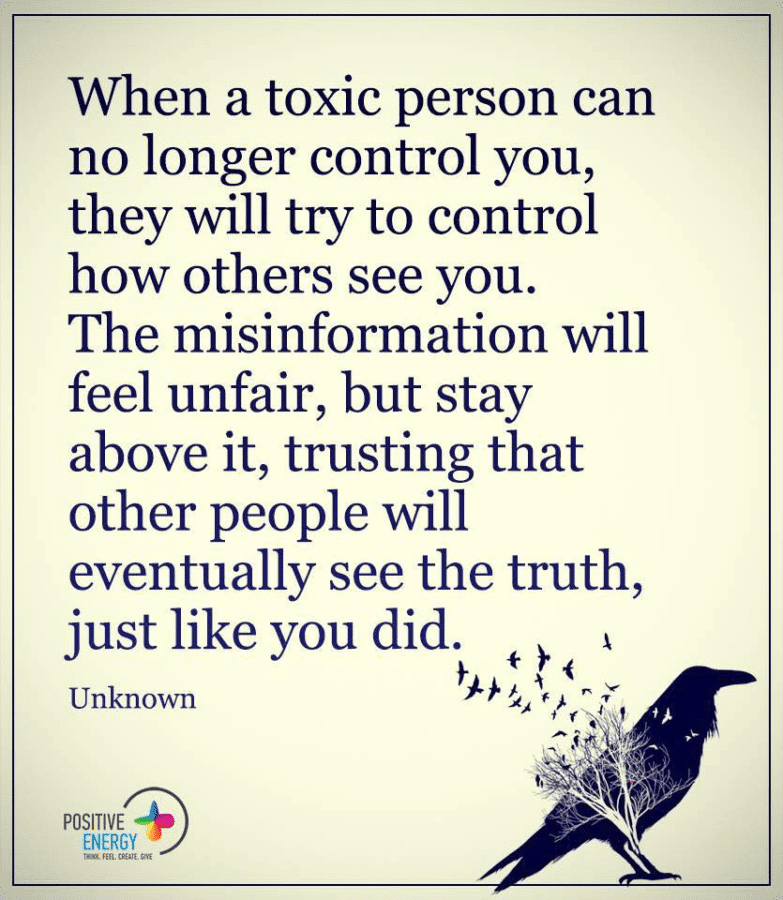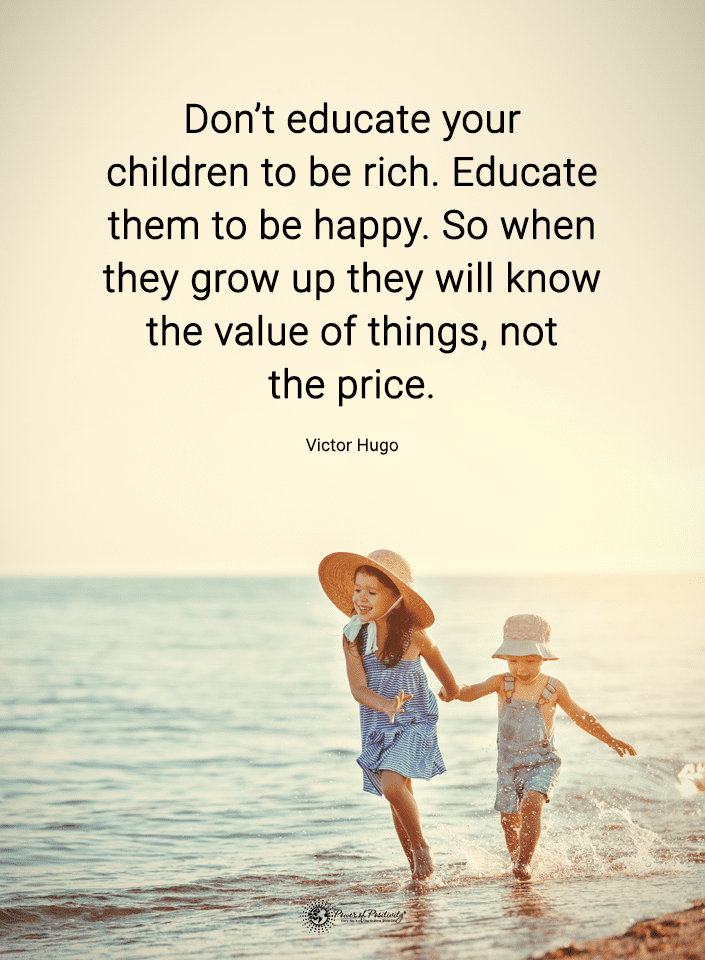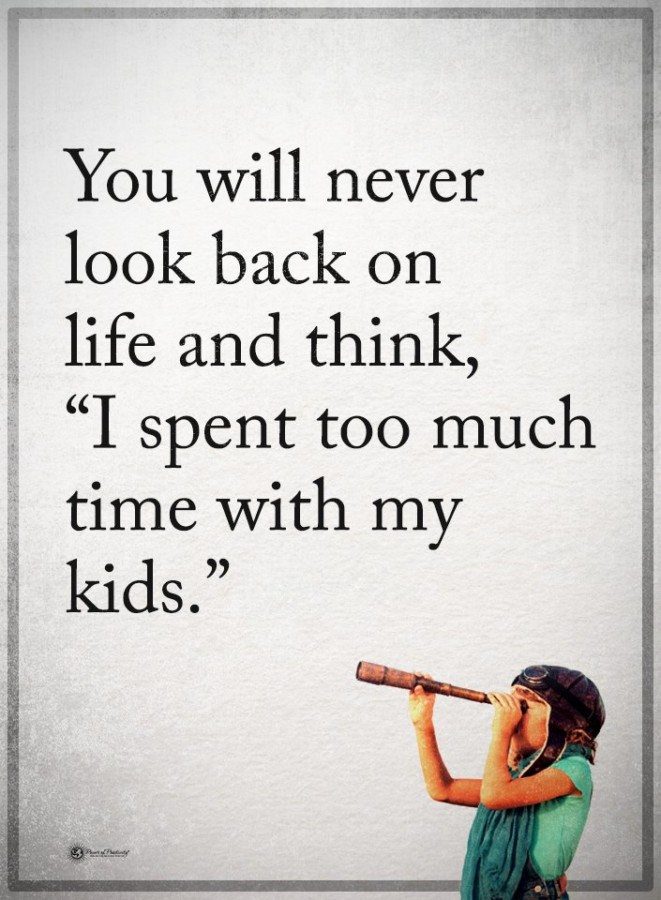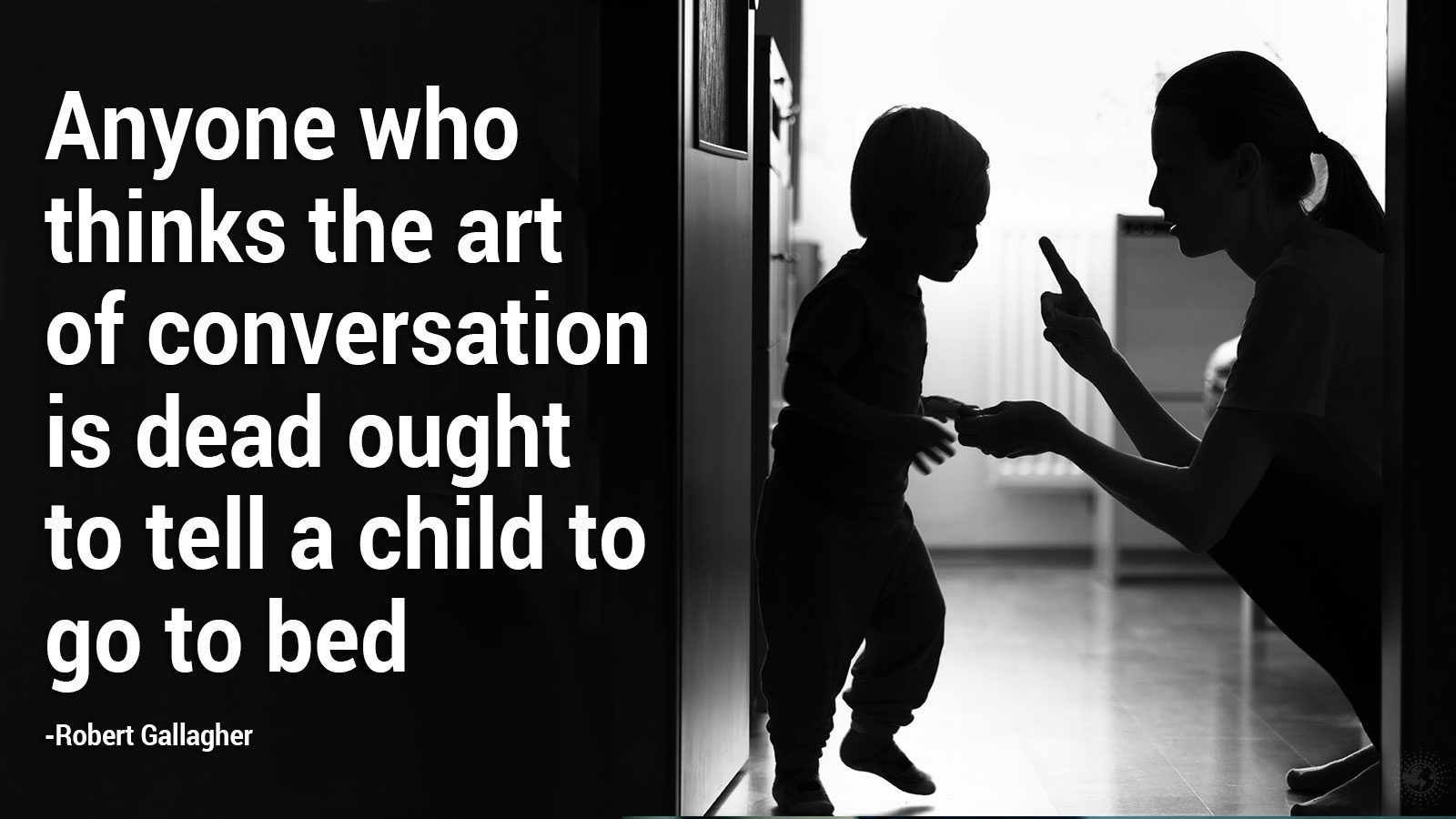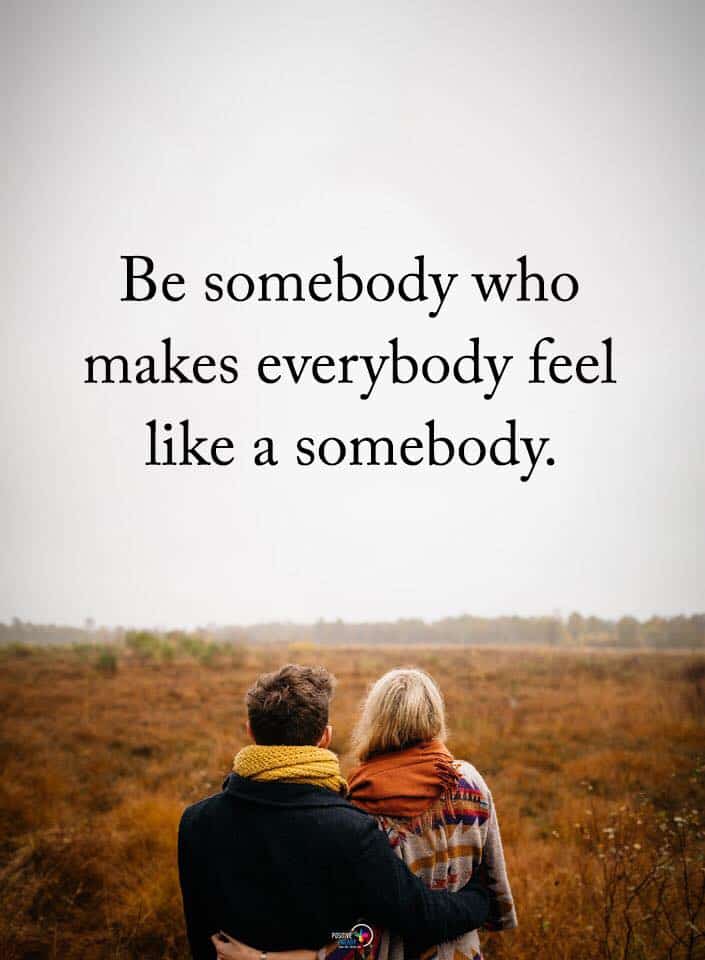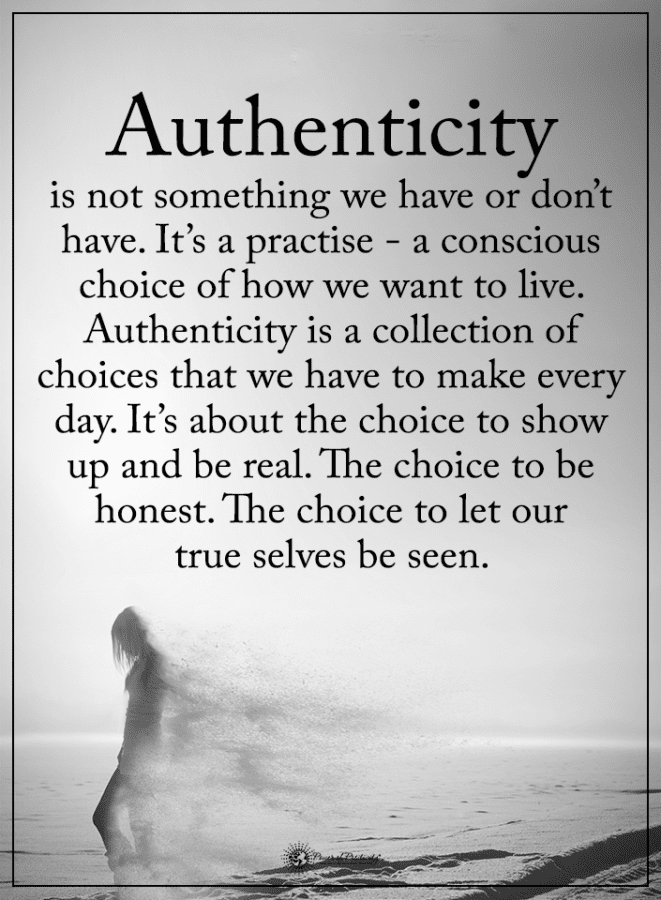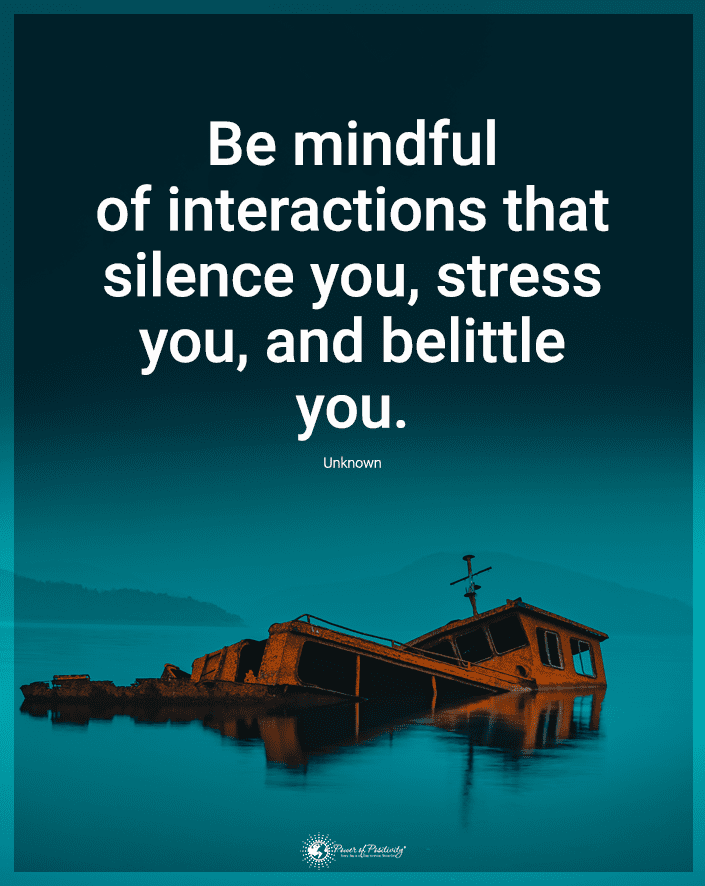Mounting an argument against the effectiveness of healthy competition is challenging. A competitive mindset fuels personal and collective advancement and achievement. It is especially healthy to compete when we seek to improve ourselves.
The problem is that so many of us compare ourselves to someone else. Naturally, if we don’t measure up to someone, we may (sometimes, subconsciously), initiate an unhealthy duel – otherwise known as a “competition.” Or, more accurately, unhealthy competition.
Corporate America is notorious for establishing a cut-throat, war-like environment of competition. Some primary and secondary schools also do this, albeit to a (hopefully) lesser extent.
The big question: does this sort of competition help people thrive?
Amy C. Edmondson, a writer for Harvard Business Review, says that organizations often ignorantly send the wrong message, hence nullifying any supposed “gains”:
“The explicit (and intended) message (of highly competitive environments) is that hard work is needed to be successful here. The implicit (and perhaps unintended) message is that your success occurs when others fail. In a competition, others must lose if you are to win…Self-preservation is a powerful force.”
In a team-based yet individualistically-competitive environment writes Edmondson. “…it’s natural to withhold information that might help others, or fail to help when help may be needed. Clearly, the message (discourages) teamwork. It’s hard to collaborate if you view (consciously or not) your colleague as the competition…”
In essence, what’s the use of individual competition if it thwarts teamwork – and team productivity?
When Competition Gets Personal
If you achieve a modicum of success in anything, you become a target for competition.
People express (or not) these oppositional attitudes in different ways. You may not know someone is competing with you. On the other hand, others (out of immaturity) go out of their way to let you know they’re coming for you. Should the former occur, no big deal and zero harm done. The latter scenario, however, can create a hostile environment – and things can quickly turn bad.
In such cases, knowing when a person is “gunning” for you is beneficial. With the knowledge, you can avoid, disengage, and/or report them (e.g., in a work environment.)
With that said, here are 8 signs someone is trying to compete with you:
“I’m not in competition with anybody but myself. My goal is to beat my last performance.” ~ Celine Dion
1. They’re boastful
A rival will often exaggerate their capabilities, achievements, and talents. Unsurprisingly, they are more likely to boast when you are earning recognition for your hard-won successes. These exaggerations occur for one reason: their own insecurities.
2. They modulate your success
There are few things worse in this world than a sore loser. People who disregard or downplay the successes of others are as toxic as they are annoying. People who envy you the most are the ones who most desire what you possess. With this in mind, it is in your best interest to just avoid such people.
3. They gossip
“Tom’s really not that great a salesman,” “Anne really isn’t that smart,” or similar sentiments (names and job titles interchangeable!) are expressed by those who are engaged in unhealthy competition with someone else. Engaging in gossip is an act of immaturity – and should be dealt with.
4. They always want to know how you’re doing
No, they don’t care about your success in this case. While they may approach you with a smile – perhaps even engage in a bit of playful banter – it’s a front to achieve one thing: to find out how they’re measuring up. Watch their expression quickly turn to sour grapes upon hearing anything they perceive as self-defeating (a.k.a., your successes.)
5. They celebrate your failures
A person jealously competing with you gets pleasure from your “failures.” The only thing worse than deviously celebrating your setbacks?
When that same someone talks about them behind your back – which they probably will, and then denies having done so – which they probably will.
6. They imitate you
Someone who competes with you on an unhealthy level strongly desires to be “equal to” or “better” than you. You may notice them walking, talking, and even (creepily) dressing like you. ‘
There’s one caveat, and it involves role models. We will naturally imitate those who we respect – and there’s nothing wrong with this. The difference? Well, we don’t gossip about or attempt to sabotage a role model.
7. They heap false praise
There are few things better than a well-timed compliment. There are few things worse than continuous, false praise. When someone is competing with you out of hostility, they will instead annoy you with disingenuous compliments instead of owning their displeasure. Classy, right?
8. They engage in sabotage
In a worst-case scenario, a person can become so jealous of your apparent successes that they scheme ways of discrediting your hard work and smearing your good name. Such behavior is inexcusable; the sooner you confront the situation for correction, the better.

